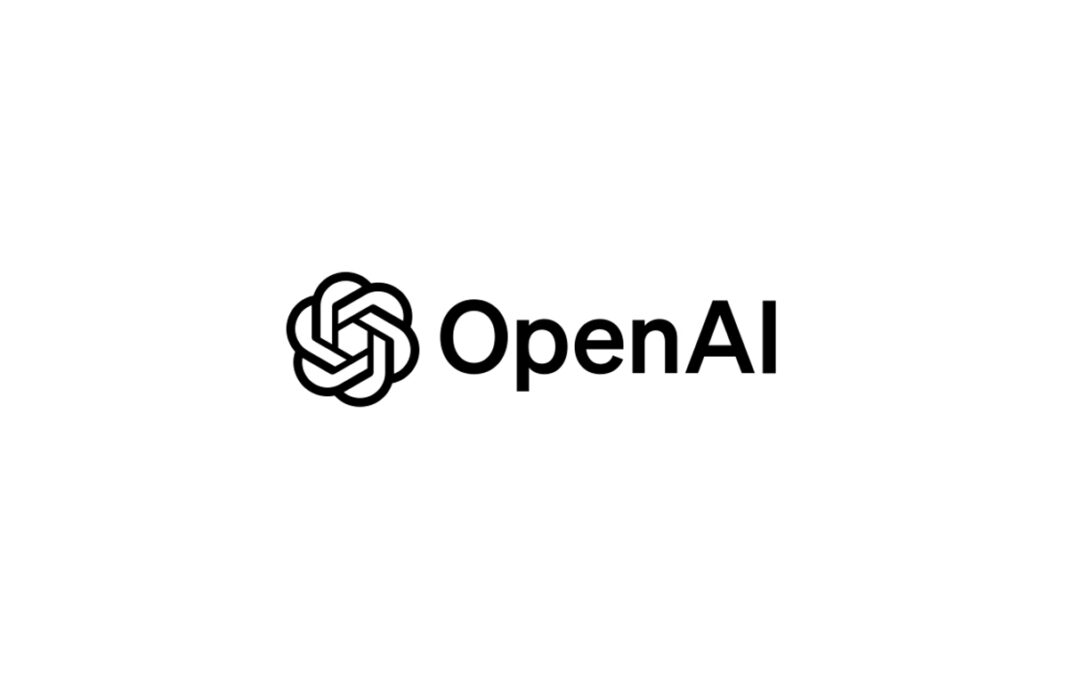OpenAI has surpassed one million business customers globally, becoming the fastest-growing business platform in history. Companies like Canva, Figma, Spotify, Shopify, and Walmart are building new applications and agentic workflows using OpenAI tools, signaling a shift from using AI to building with it and redefining how work gets done.
In a landmark moment for artificial intelligence, OpenAI has announced that it now serves over one million business customers worldwide, marking a new chapter in the evolution of enterprise AI adoption. The company described it as “the fastest-growing business platform in history,” underscoring how deeply AI has become embedded in the modern workplace.
But the milestone is about more than just numbers — it signals a global shift from using AI to building with it. Across industries and continents, organisations are no longer treating AI as an external tool but as an integral part of how they design, sell, and operate.
According to OpenAI, a growing number of businesses are now creating applications, workflows, and entire products directly on its platform. This transition — from passive adoption to active innovation — reflects how the company’s tools, such as ChatGPT and GPT-4, have matured from experimental use cases into core infrastructure for digital transformation.
Leading creative platforms like Canva, Figma, and Zillow have built direct integrations into ChatGPT, allowing users to design, collaborate, and create without switching tools. Meanwhile, Spotify has used OpenAI’s technology to enhance personalization and discovery, blending human creativity with machine intelligence.
The next frontier, however, appears to be Agentic AI — intelligent systems that not only respond to prompts but act autonomously within defined goals. This evolution is already visible through the Agentic Commerce Protocol, a new framework enabling seamless, AI-driven interactions between businesses and consumers.
Major commerce and financial players such as Shopify, Etsy, Walmart, PayPal, and Salesforce are leveraging this protocol to build conversational commerce experiences, allowing users to shop, manage payments, and interact with brands through natural, fluid conversations powered by OpenAI models.
The announcement highlights the rapid emergence of what industry analysts are calling the “agentic economy” — a landscape where AI agents can plan, act, and make decisions in real time across business functions.
By empowering companies to embed AI within their workflows, OpenAI is effectively building the foundation for a new kind of business infrastructure — one where work is not only automated but adaptive, context-aware, and continuously improving.
As one OpenAI executive noted, “We’re seeing a massive opportunity to rethink how work gets done. Businesses are no longer asking, ‘How can AI help me do this task?’ They’re asking, ‘What new kinds of work can we create with AI?’”
The scale and diversity of companies building with OpenAI today demonstrate just how universal the technology’s impact has become. From global retailers to software startups, the company’s APIs and ChatGPT Enterprise platform are enabling teams to streamline customer support, accelerate research, enhance product design, and develop entirely new user experiences.
The ChatGPT Enterprise platform, launched in 2023, has been a major driver of this adoption, offering businesses enhanced data security, collaboration tools, and integration flexibility. It has since evolved into a full-fledged enterprise platform — one capable of supporting workflows across sectors like healthcare, finance, education, and media.
Notably, the integration of OpenAI models into business ecosystems is enabling a convergence of creativity, productivity, and intelligence. For instance, creative professionals using Canva and Figma can now brainstorm, design, and refine concepts within ChatGPT; real estate firms like Zillow can deliver smarter property insights; and retail giants can offer conversational experiences that blend discovery, shopping, and support in one interaction.
OpenAI’s milestone also marks a pivotal shift in how the company positions itself — no longer just as an AI model provider, but as the platform that powers the next generation of digital business.
Its infrastructure allows enterprises to create tailored AI experiences while maintaining governance and brand voice, enabling a balance between innovation and control. As businesses increasingly adopt AI agents to automate reasoning and execution, OpenAI’s ecosystem stands at the centre of this transformation.
“This is just the beginning,” the company said in its announcement. “We’re excited to build the platform that powers how the world works — and redefines what work means.”
The rapid adoption of OpenAI’s technology reflects a broader cultural moment — one in which AI is no longer a futuristic concept but a foundational capability. From small startups to global corporations, organisations are recognising that AI is not replacing work, but reshaping it.
For OpenAI, surpassing one million business customers is both a milestone and a mandate — a signal of growing trust in its vision and tools, and a challenge to continue innovating responsibly and inclusively.
As industries from design to retail, finance to logistics, build on OpenAI’s models and protocols, a new pattern of digital work is emerging — one that is agentic, collaborative, and powered by intelligent systems capable of learning and adapting alongside humans.
If the past decade was defined by businesses adopting digital tools, the next may well be defined by AI-native enterprises — companies that don’t just use AI, but are built on it.
With over one million businesses already creating, scaling, and transforming on its platform, OpenAI stands at the forefront of that shift. The company’s vision — to enable anyone, anywhere, to build with intelligence — is becoming a tangible reality.
And as OpenAI put it in its announcement: “We’re just getting started.”
Discover more from Creative Brands
Subscribe to get the latest posts sent to your email.






